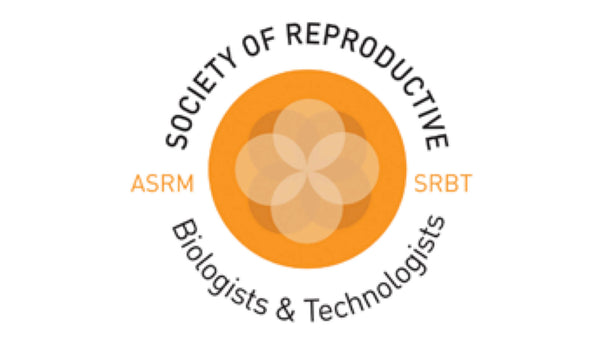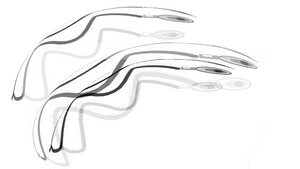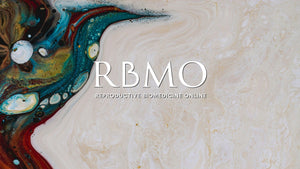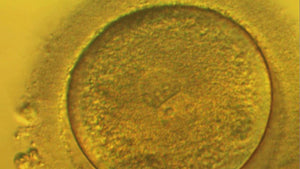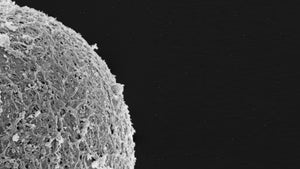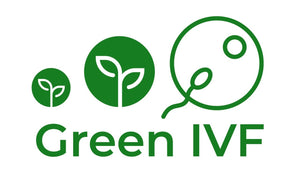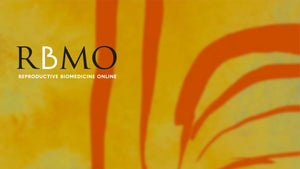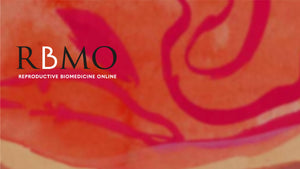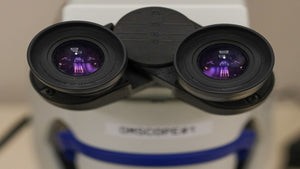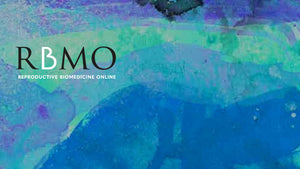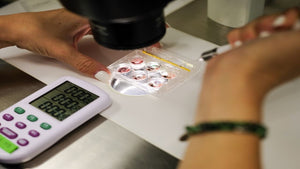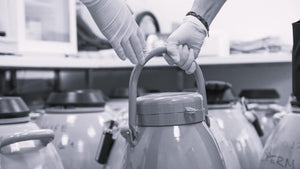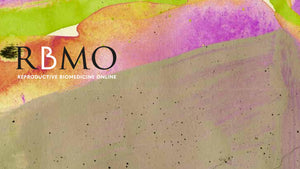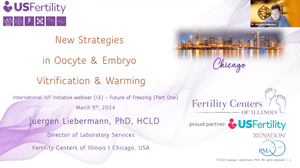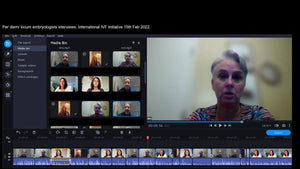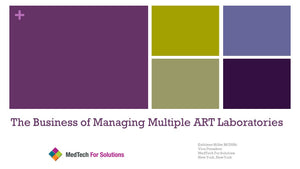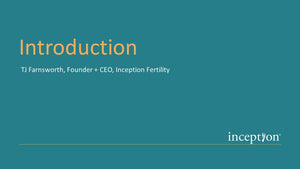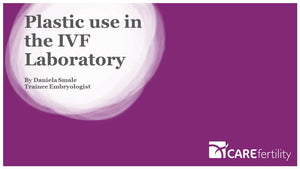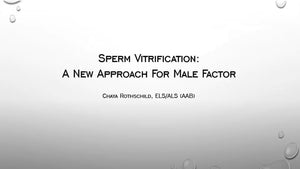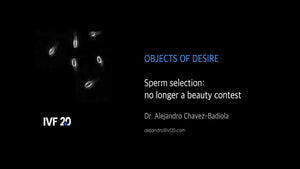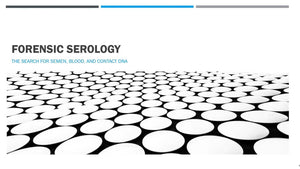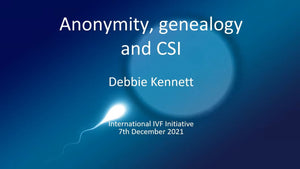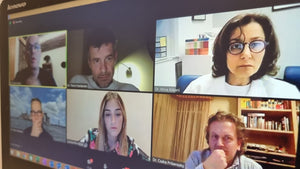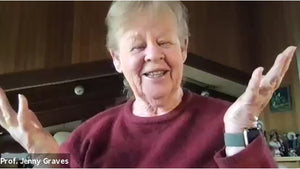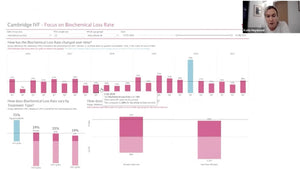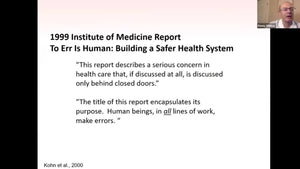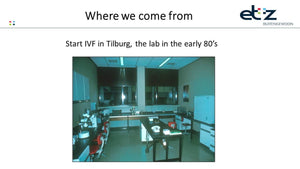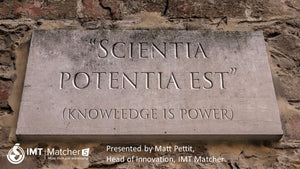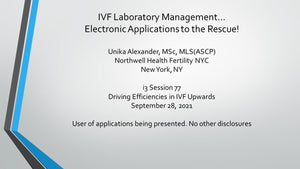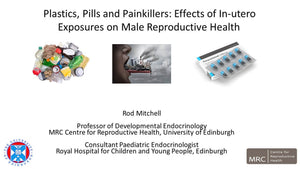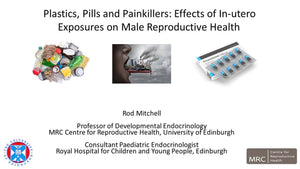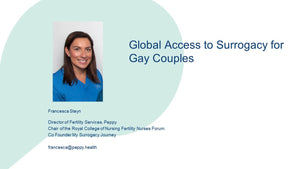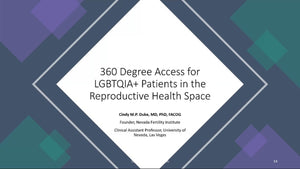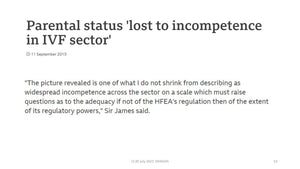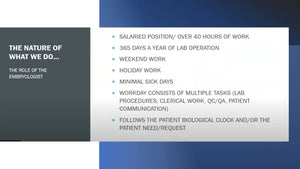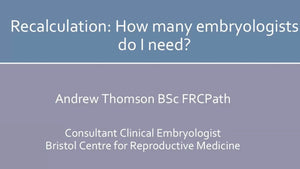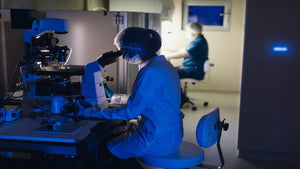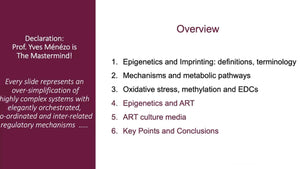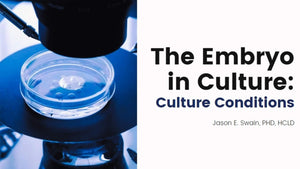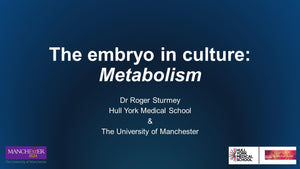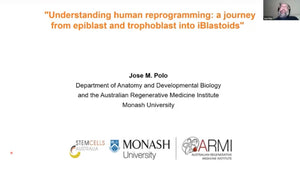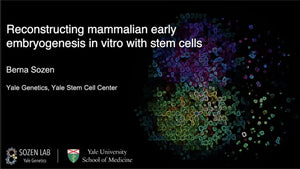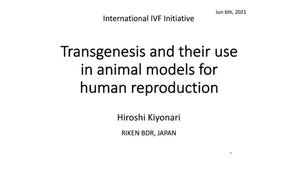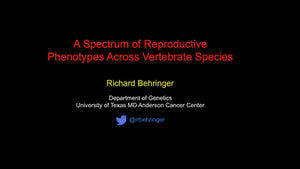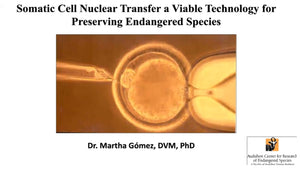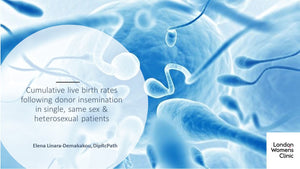Session 31: Catastrophes: How do they impact our current perspectives on embryo production, cryopreservation and cryostorage management?

Donate
At the International IVF Initiative, we are committed to providing free access to our educational sessions, webinars, and resources for professionals and individuals passionate about advancing reproductive medicine. We believe that cost should never be a barrier to knowledge and collaboration. By contributing, you’re ensuring that valuable educational resources, expert insights, and collaborative opportunities remain open to all without financial barriers. Together, we can continue to foster a global community dedicated to innovation and excellence in the field of IVF.
Your Donation
Thank you!
Session 31: Catastrophes: How do they impact our current perspectives on embryo production, cryopreservation and cryostorage management?
Tuesday 1 September, 2020. 8PM GMT / 9PM CET / 3PM ESTModerators: Kimball Pomeroy, PhD and Dawn Kelk, PhD
"Cryostorage of Reproductive Tissues in the IVF Laboratory: ASRM Committee Opinion"
Sangita Jindal, PhD, HCLD
Summary: Catastrophic tank failures in recent years have reinforced the importance of cryogenic management in our embryo production laboratories. Based upon scientific principles and laboratory experience, best practices/minimal standards for safe and reliable storage of cryopreserved reproductive tissue have been proposed. Considering the emphasis in embryo vitrification and fertility preservation in the field of Reproductive Medicine, our goals are to optimize cryo-viability and effectively mitigate and eliminate embryo/gamete risks associated with cryopreservation and cryostorage.
"Cryopreservation and IVF in the Time of Covid-19: What is the Best Good Tissue Practice (GTP)?"
Mitchel C. Schiewe, MS, PhD, HCLD
Unknown risks relating to the SARS-CoV-2 virus and sperm, ova and embryos necessitate a reexamining of how human IVF is performed. Over the last decade improvements in cryosurvival and live birth outcomes have been associated with zona pellucida breaching procedures (e.g., blastocyst collapsing and biopsying). In turn, today embryos are generally no longer protected by an intact zona pellucida when vitrified and in cryostorage. Additionally, high security storage containers have proven to be resilient to potential cross-contamination and reliable for routine human sperm freezing and embryo vitrification.
Several options to current IVF practices are presented that can effectively mitigate the risks of cross-contamination and infection due to the current Covid-19 pandemic or other viral exposures. The question remains, is heightened security and change warranted where the risks of disease transmission likely remains negligible.
Organized by the SRBT
Sangita Jindal, PhD, HCLD

Sangita Jindal earned her PhD in Physiology from the University of Toronto, Canada and became a high-complexity lab director in 1997. Dr. Jindal has served on the faculty at New Jersey Medical School-Rutgers, and for the last 19 years has been on the faculty at Albert Einstein College of Medicine in New York as an Associate Professor and Laboratory Director in the Department of Obstetrics, Gynecology & Women’s Health. She has mentored grant-supported translational research projects for a number of trainees at academic programs, and is also an off-site lab director of private and academic IVF labs across the country. Dr. Jindal was President of the Society for Reproductive Biologists and Technologists (SRBT) in 2011, and currently serves on the SART Executive Council and on the ASRM Practice Committee.
Mitchel C. Schiewe, MS, PhD, HCLD

Dr. Schiewe is a Comparative Reproductive Physiologist who has been applying ART to Animal models and Conservation Biology since the early 1980’s with over 75 published papers/book chapters and 150+ abstract presentation. He received his BS at UC Davis, a MS from LSU working with Robert Godke and the Repro Rangers. He attained his PhD at the Uniformed Services University of Health Sciences in conjunction with the National Zoo & NIH with David Wildt. His emphasis has been on applied aspects of Embryology, as well as sperm and embryo cryopreservation which included the first vitrified sheep in 1988. He matriculated into Human ART in 1992 as an Asst. Professor at UC Irvine until 1995, a Guest Scientist at SIFT-Roma between 1994-2000 and an ART Lab Director at CFP, FSAC and his current Ovation Fertility/prior SCIRS Lab since 2007. I’d also like to note that Mitch was the Founding Chairman of the SRBT Formation Committee in 2008-2009.

